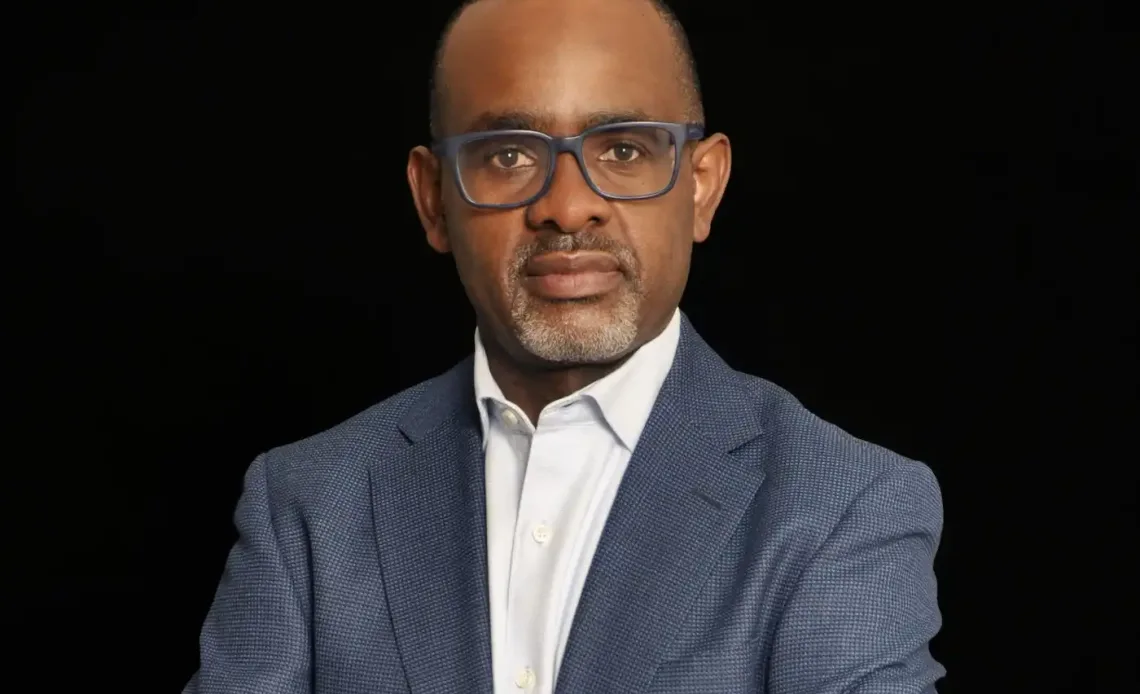
By Gerald Maithya
Africa is often hailed as the birthplace of some of the world’s most exciting tech startups. From Cape to Cairo, small businesses across the continent have become catalysts for change, helping to drive economic prosperity and leaving their mark on local society.
Having produced several industry shakers in the fintech space, it’s perhaps not surprising that the continent has become a very attractive option for startup investment. According to Boston Consulting Group, the rate of growth in the number of African startups receiving financial backing between 2015 and 2022 was nearly six times faster than the global average. And during the first nine months of 2023 alone, these tech ventures raised around $1.4 billion.
With SMEs already accounting for up to 90 percent of businesses in Sub-Saharan Africa, much focus is placed on supporting this vital sector of the economy to reach the levels of success we’ve come to associate with Africa’s tenacious startup culture.
The question is – how do we empower the small business down the road to rise to the ranks of a Flutterwave in Nigeria or M-KOPA in Kenya?
Much of the answer lies in providing these enterprises with the technology they need to drive operational efficiencies and scale their operations. Cloud technology has, for example, played an important part over the years in supporting Flutterwave’s core operations. Kenyan startup, M-KOPA, which provides digital financial services to underbanked consumers, also relies heavily on the computing capacity of the cloud. Its ability to process 500 payments per minute makes it possible for the startup to provide 3 million people across Africa with access to essential services such as solar power systems, digital loans, health insurance and smartphones.
Beyond fintech, small businesses are having a transformative impact on other key sectors such as healthcare. And as with Flutterwave and M-KOPA, many of these enterprises have something important in common – the backing of powerful technology.
In South Africa, Omnisient is helping to elevate crucial decision-making across healthcare systems through a recent partnership with Altron HealthTech. The startup has created a platform that facilitates data collaboration across records and datasets and can securely match anonymised patient information in a safe environment for analysis. This allows Altron’s healthcare partners more insight into disease patterns and can improve treatments and medication efficacy.
Another startup leaving its mark in the healthcare space, Zen Dawa, is helping to reimagine pharmaceutical operations across both rural and urban areas of East Africa by creating online access to pharmaceutical offerings as well as financing solutions for small businesses and pharmacy shops. By making use of Microsoft’s robust AI platform built on Azure, the startup is helping to contribute positively to the availability of essential medicines across East Africa.
However, there are still many challenges to be addressed when it comes to drawing a larger number of the continent’s SMEs into the digital economy. Africa is still behind other regions in the world when it comes to digital infrastructure coverage, access, and quality. We are also still battling a shortage of skills and inadequate regulatory policy environments. With just 22 percent of the population online, Sub-Saharan Africa is still the world’s least connected region.
Addressing these issues will rely in no small part on the development of strategic alliances across both public and private sectors. These collaborations are pivotal to the development of comprehensive solutions to the multi-faceted challenges faced by small businesses in Africa. The FGN-ALAT digital Skillnovation Programme is a great example of this. A partnership between the Federal Government of Nigeria, Wema Bank, Get Funded Africa and Microsoft, the programme aims to train and equip one million micro, small and medium enterprises (MSMEs) across the country by the end of June 2024. Already 350, 000 MSMEs have been impacted.
Beyond skills, these businesses require business mentorship and access to market and finance opportunities – through effective collaboration the initiative aims to address all these needs in a holistic manner, facilitating opportunities, for example, to receive debt financing, equity investment and grants.
The more Africa can produce successful collaborations such as these, the more we’ll start to see a greater number of small businesses emerge as powerful economic contributors. These strategic partnerships hold the key to unlocking immense potential across sectors, empowering entrepreneurial ventures to drive new digital solutions to long-standing challenges and creating a ripple effect that reverberates throughout the continent.
The author, Gerald Maithya, is the General Manager, Microsoft Africa Transformation Office.
For these and more stories, follow us on X (Formerly Twitter), Facebook, LinkedIn and Telegram. You can also send us tips or just reach out on [email protected].
Also Read: Microsoft ADC kicks off second upskilling cohort for University faculty

